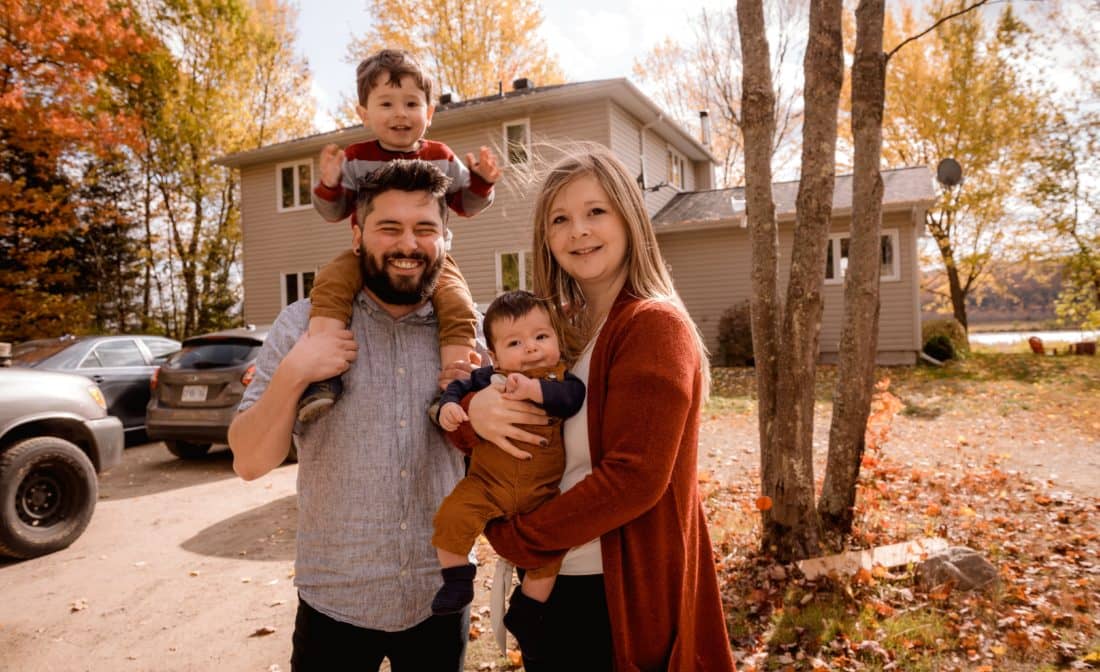How to Find a Degree Completion Program
If you have completed some college but never got the degree, you aren’t alone; according to The New York Times, 59% of students do not finish their bachelor’s degree in 4 years. That includes those who may have had to leave school entirely and re-enroll after a few years have passed. Extenuating circumstances, major life events, financial strains, and other obstacles might have taken you out of the classroom, but getting back in is worth it. If you have been away from campus for more than 5 years, have a family, or work in a full-time job, chances are you qualify as a non-traditional student in the market for an adult degree completion program.
What is a degree completion program?
Degree completion programs are accelerated and often affordable forms of education designed to help adult students finish their degrees. These programs are usually offered online or in a hybrid format (a mix of online and on-campus classes). Many programs allow students to build on the education they already have by accepting previously earned transfer credit. You can also earn credit for life experiences such as military service, corporate training programs, and professional licensing. The following tests can also grant college credit:
- College Level Examination Program (CLEP): Recognized by 2,900 colleges across the country, the CLEP allows you to receive college credit based on your score.
- Defense Activity for Non-Traditional Education Support (DANTES): The DANTES test is designed to help military personnel achieve their academic goals. Students can earn college credit for their military training and service. The DANTES test, widely accepted by colleges, is free for service-members or priced with a fee for other interested civilians.
How do you choose a degree completion program?
Not every program is the same, so take the time to find the one that will serve you best. Choosing a degree completion program doesn’t have to be an intimidating process. The following questions can help you narrow down your options and find the best program for you:
What do you have, and what do you need? If you are pursuing a degree in the same field you started in, you could be picking up right where you left off. Find a program that accepts as many of your previous credits as possible so that you may finish more quickly and with less redundancy. The registrar’s office at your new institution will be able to help you take an inventory of what you already have and help you determine what else you need. If you are changing directions, then your previously earned credit might not be applicable to your new degree path. That said, a lot of gen ed credits might transfer nevertheless, so find out where you stand with a visit to the registrar’s office.
How accelerated is the program? You have the life and work experience, but often times a degree is needed to advance your career. The fastest way to get there, then, is to choose a flexible and accelerated program that will show for what you have learned and earned. As you choose between degree completion programs, ask yourself which one will get you a good degree as quickly as you can.
Are your previous credits nationally or regionally accredited? If you are pursuing a program at a different institution than where you started, you will need to be mindful of the differences in accreditation. If your previous institution holds a different accreditation than the one you’re trying to transfer into, you could run into some issues. For example, courses taken at a nationally accredited institution will not transfer as seamlessly to a regionally accredited institution. Likewise, colleges in different states may have different regional accreditations to look out for as well. While not the end of the world, understand that you will receive less credit overall if you choose to attend a college who work with different accreditors.
How do you know the program is right for you? Finishing your degree is a worthwhile investment, but an investment nonetheless. Thankfully, colleges understand that you have an important decision to make and are happy to answer all the questions you have. Reach out to the school or attend an information event to get a feel for the environment and coursework and ask questions about the program. Don’t be shy!
Is the program online, on campus, or both? Since degree completion programs are intended for adults who likely have other commitments, their course formats differ from those of traditional undergraduate courses. Adult degree completion programs are often taken online or in a hybrid format (both online and on campus). These flexible formats allow students to balance work and personal obligations as they pursue their degree. If you’ve never taken an online class, check out our advice page for expert tips and advice.
How much is it going to cost? While the costs of not finishing college are often greater than tuition rates, you are probably still worried about the bottom line. Many degree completion programs have affordability front and center, but you still might need some financial help. First, find out where you stand with your previous loans. You’ll need to be in good standing with those before you can take out any more. Then contact the financial aid office at your new institution and inquire about the loan, scholarship, and grant options available to you.
Finding a degree completion program that is right for you takes time, research, and consideration, but it is all worth it in the end. A college degree can create so many opportunities for your personal and professional life, so get searching! If you’re wondering where to start looking for a good degree completion program, you’re already in the right place. Abound: Finish College narrows down your options and gets you in touch with schools that we can confirm are Accessible, Affordable, Accelerated, and Advanced. Take a look at the schools we trust and find the program that works for you.
More Helpful Guides:
How Long Does it Take to Finish College?
What is an Adult Degree Completion Program?





